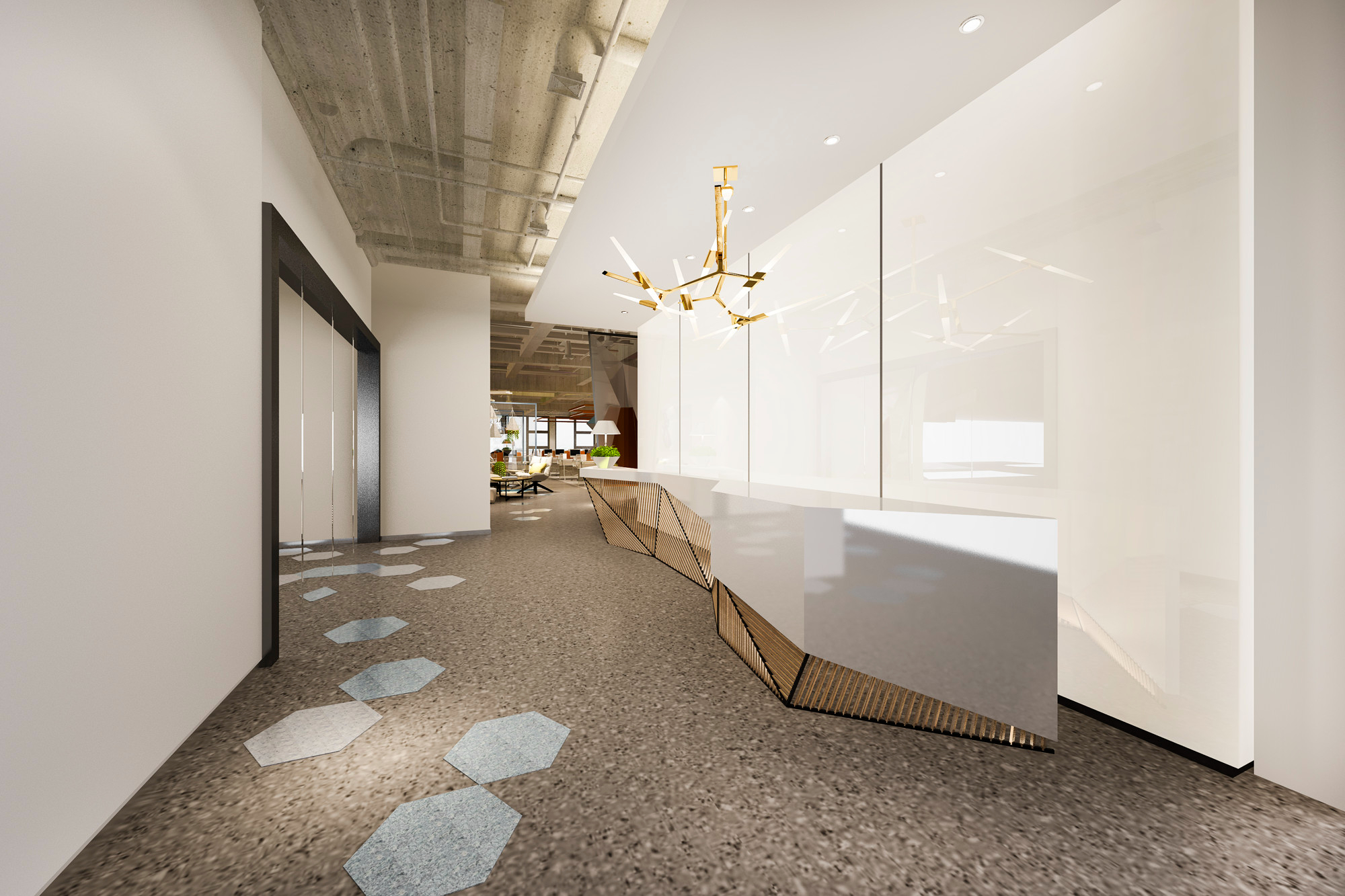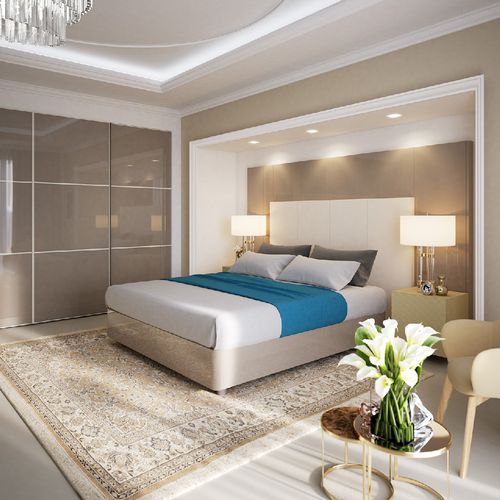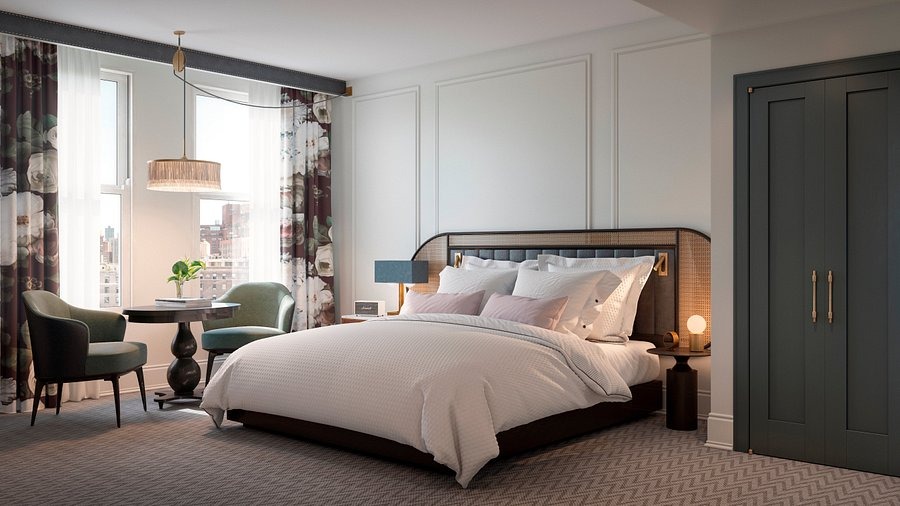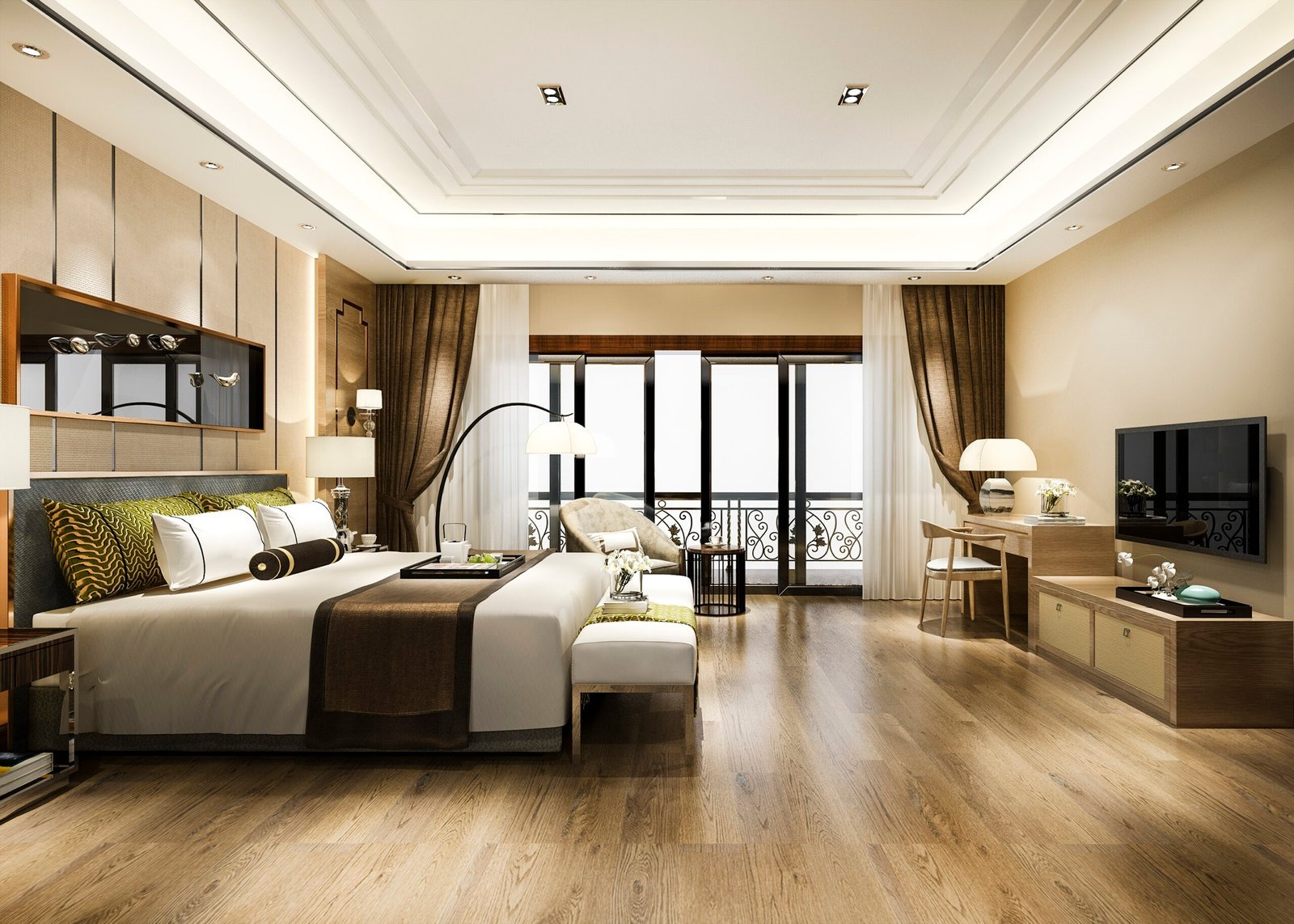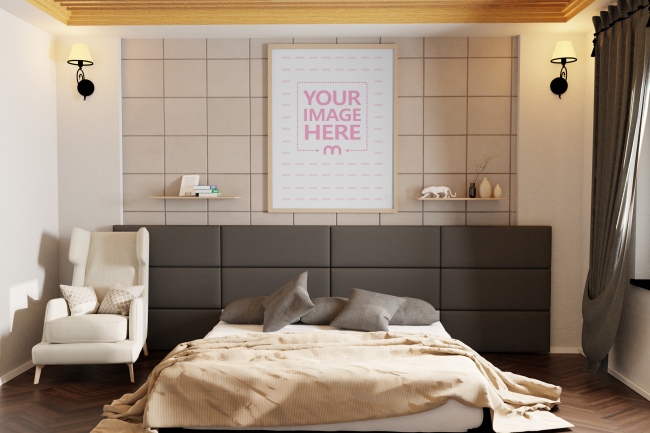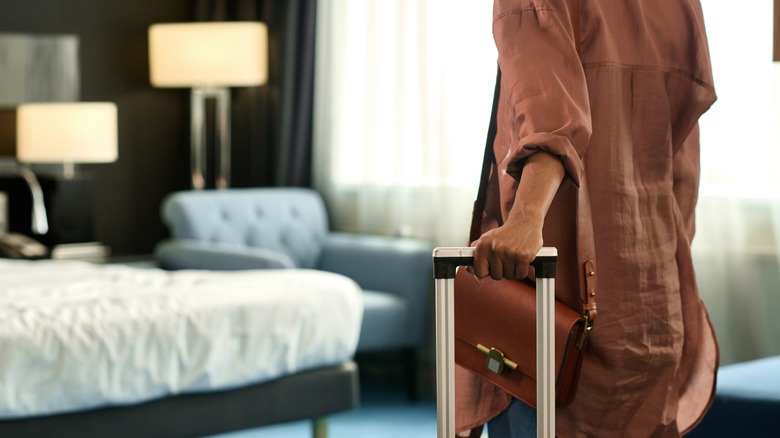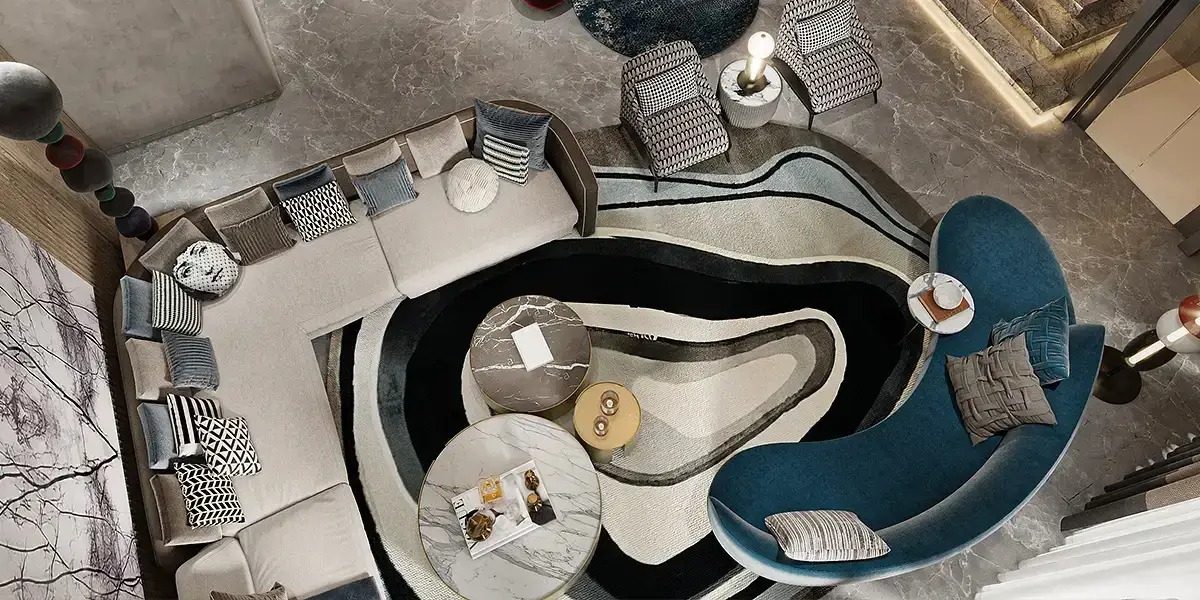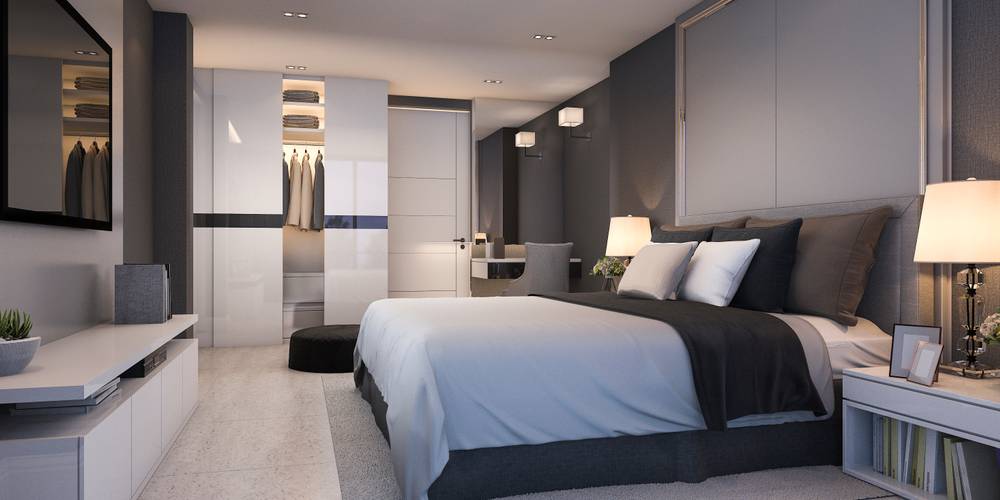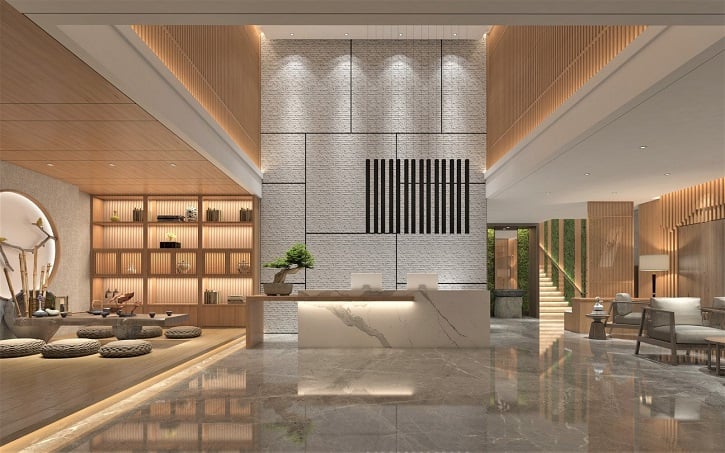Effective Soundproofing Solutions for Modern Hotel Rooms
Thứ 2, 15/09/2025
Administrator
130
Noise is one of the biggest factors affecting guest satisfaction in hotels. Whether it comes from traffic outside, footsteps in the hallway, or activity in adjacent rooms, poor sound control can quickly ruin an otherwise perfect stay. Modern hospitality standards demand interiors that prioritize quietness and privacy to create restful environments. In this article, Ngoc Hoang Anh shares insights on effective soundproofing solutions for modern hotel rooms, helping hoteliers improve comfort and elevate the guest experience.
1. The Importance of Soundproofing in Hotels
Soundproofing is more than a technical detail; it is a core factor that shapes guest satisfaction and hotel reputation. Unwanted noise can ruin sleep, invade privacy, and lower ratings. By prioritizing acoustic comfort, hotels build trust and create a restful environment that encourages return visits.
1.1 Enhancing Guest Comfort
Guests expect peace and quiet during their stay, regardless of location. Effective soundproofing ensures restful sleep, allowing travelers to recharge fully after long journeys or busy business days. A quiet room quickly becomes a key driver of positive reviews.
1.2 Protecting Privacy
Privacy is a cornerstone of hospitality. Without proper insulation, conversations or noises can leak between rooms or into hallways. Soundproofing prevents these disturbances, making guests feel secure and respected, which strengthens their overall impression of the hotel.
1.3 Boosting Hotel Reputation
Noise complaints are among the most common reasons for negative feedback. Hotels that proactively invest in acoustic solutions reduce dissatisfaction and improve ratings. Over time, this attention to detail enhances brand reputation and encourages guest loyalty.
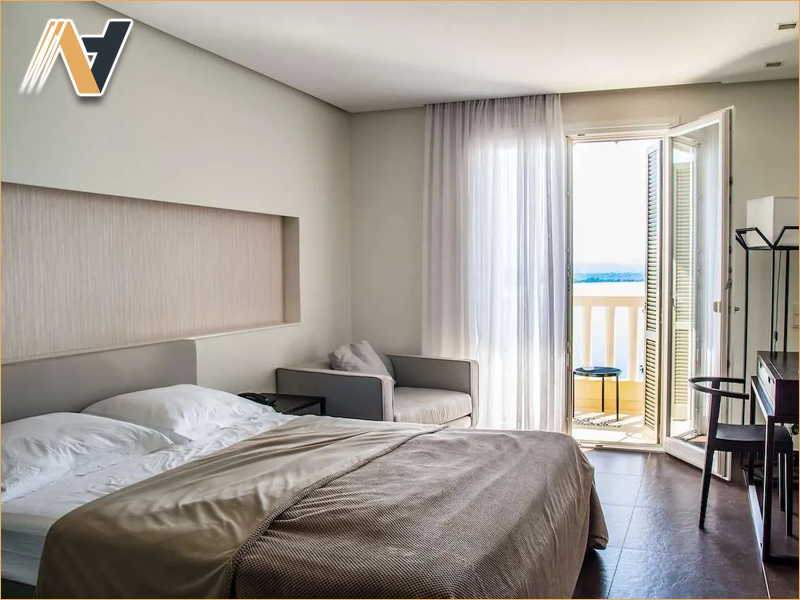
2. Wall and Partition Soundproofing
Walls and partitions are the first line of defense against noise transfer between hotel rooms. Without proper treatment, sounds such as voices, television, or footsteps easily travel through, disrupting guest comfort. Investing in effective wall soundproofing ensures privacy, peace, and higher satisfaction levels.
2.1 Acoustic Insulation Materials
Acoustic insulation, such as mineral wool, fiberglass, or specialized foam, absorbs airborne sound before it passes through walls. These materials are lightweight, fire-resistant, and easy to integrate into new or renovated hotel structures. By reducing noise transfer, they create quieter and more restful rooms.
2.2 Double-Layer Drywall Systems
Installing double layers of drywall with air gaps or resilient channels improves wall performance dramatically. This design interrupts sound vibrations and minimizes transmission between rooms. Hotels benefit from a cost-effective, durable solution that enhances guest privacy without altering room layouts.
2.3 Decorative Acoustic Panels
Beyond hidden insulation, visible acoustic panels can double as design features. These panels add texture or patterns to walls while absorbing interior noise. Hotels use them in conference halls, lounges, and even guest rooms to combine style with functionality, creating spaces that are both attractive and acoustically balanced.
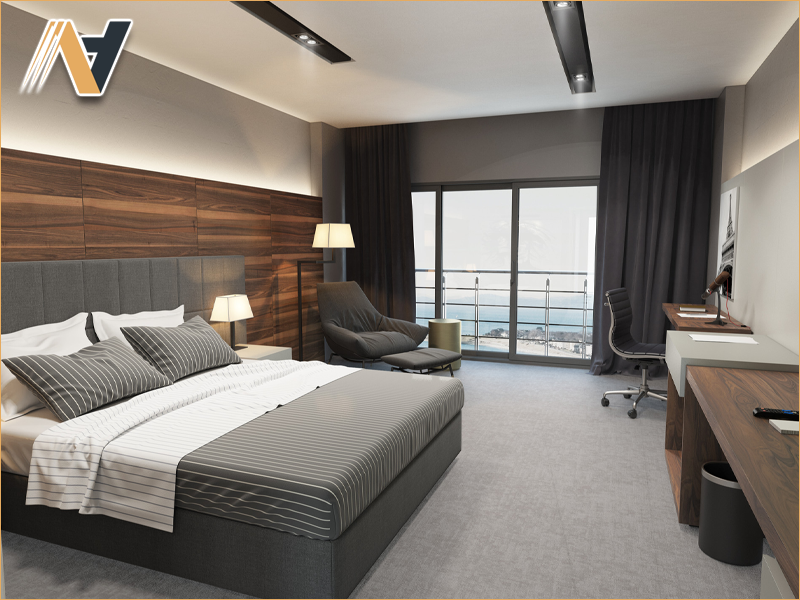
3. Floors and Ceilings
Noise transfer between floors is a common challenge in hotels, often caused by footsteps, moving furniture, or sounds from upper levels. Effective soundproofing for floors and ceilings minimizes these disturbances, ensuring guests enjoy quiet and restful stays.
3.1 Acoustic Underlays and Soft Finishes
Installing acoustic underlays made from cork, rubber, or foam beneath flooring helps absorb impact noise. When combined with carpets or rugs, these solutions soften footfall and reduce sound transmission to rooms below. Hotels also benefit from added comfort, durability, and easier maintenance.
3.2 Suspended Ceilings with Acoustic Panels
Suspended ceilings equipped with acoustic panels create a buffer zone that blocks noise from upper floors. These systems not only enhance sound insulation but also conceal electrical and HVAC installations, giving interiors a polished and modern appearance. For hotels, this dual benefit improves both comfort and aesthetics.
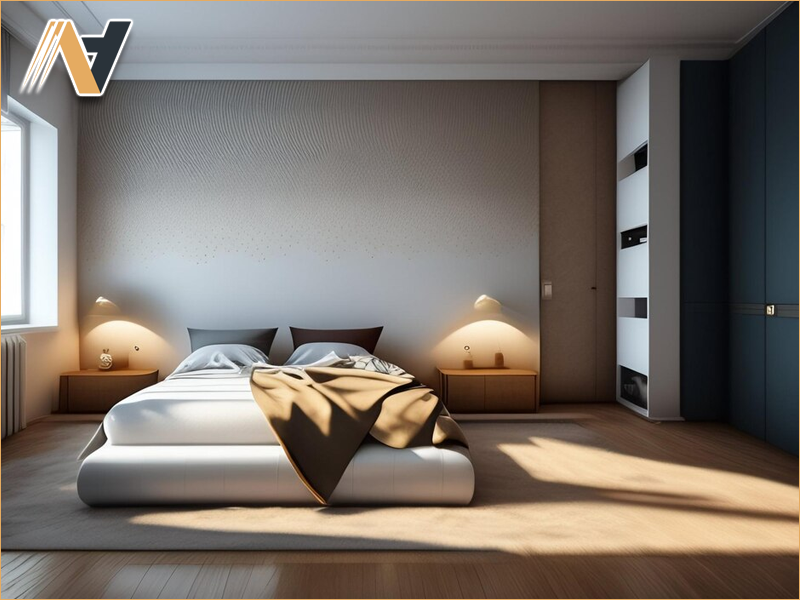
4. Windows and Doors
Windows and doors are critical points of sound leakage in hotel rooms. Exterior noise from traffic or nightlife and hallway sounds can disturb guests if not properly managed. Using high-quality windows and solid doors ensures quieter spaces and a stronger sense of privacy.
4.1 Double-Glazed Windows
Double- or triple-glazed windows provide excellent insulation against outside noise such as traffic, construction, or city nightlife. The air gap between panes reduces sound transmission while also improving thermal efficiency. For urban hotels, this upgrade is one of the most effective ways to ensure guest comfort.
4.2 Solid Core Doors with Seals
Replacing hollow doors with solid core designs dramatically reduces hallway noise. Adding acoustic seals around the frame further enhances performance by blocking small gaps where sound can escape. Together, these solutions protect guest privacy and contribute to a calmer, more restful stay.
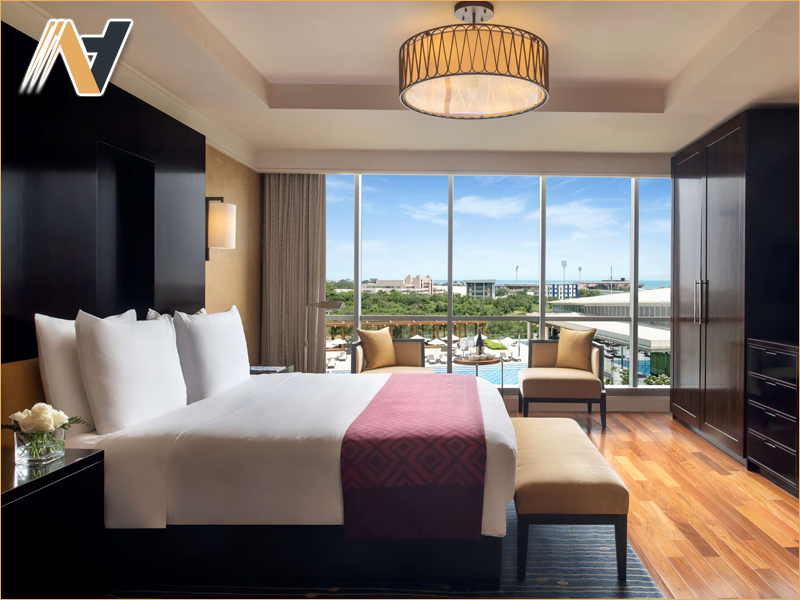
5. Furniture and Interior Elements
Beyond structural solutions, furniture and décor also contribute to soundproofing in hotel rooms. Thoughtful choices in materials and finishes help absorb sound, reduce echoes, and improve comfort while enhancing the overall interior design.
5.1 Upholstered Furniture
Beds, sofas, and chairs with fabric upholstery naturally absorb sound, reducing reverberation inside the room. They create a softer acoustic environment, making conversations more private and the space more relaxing. Hotels benefit from both improved aesthetics and greater guest comfort.
5.2 Acoustic Panels and Curtains
Decorative acoustic panels or heavy blackout curtains add both style and function. Panels can be designed as wall art while effectively dampening noise, while thick curtains block exterior sounds and control light. These solutions are flexible, easy to implement, and ideal for hotels seeking practical improvements without major construction.
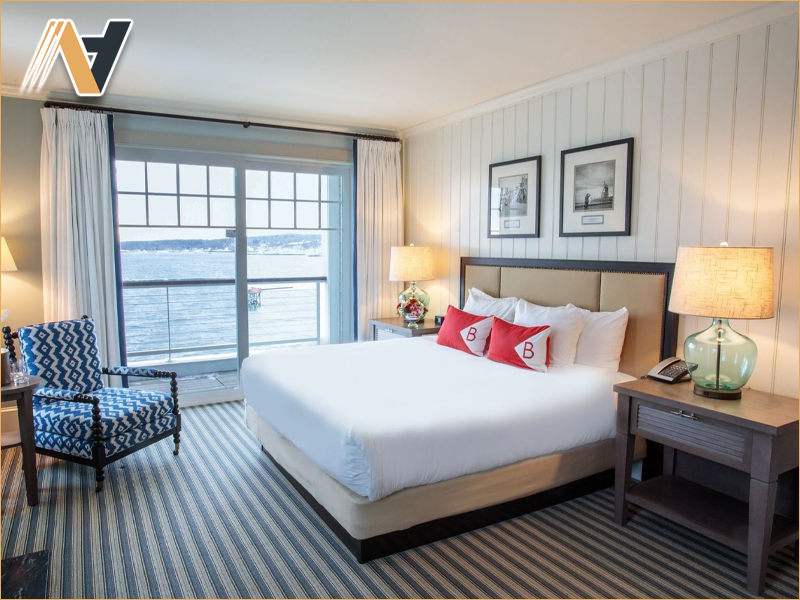
6. Conclusion
Soundproofing is no longer optional in modern hotels; it is a necessity for comfort, privacy, and brand reputation. By combining wall insulation, floor and ceiling treatments, high-quality windows and doors, and strategic interior elements, hotels can significantly reduce noise pollution. For projects seeking reliable solutions, Vietnam hotel furniture OEM by Ngoc Hoang Anh provides professional production and interior support tailored to modern hospitality needs.
Contact us today for expert consultation and customized solutions that combine style, functionality, and acoustic comfort.
-----
NGOC HOANG ANH TRADING COMPANY LIMITED
Tax Code: 3702874413
Address: No. 288/28/10 Huynh Van Luy Street, Zone 7, Phu Loi Ward, Ho Chi Minh City, Vietnam
Warehouse: No. 1/91, Thuan Giao 02 Street, Binh Thuan 2 Residential Quarter, Thuan Giao Ward, Ho Chi Minh City, Vietnam
Phone/Whatsapp/Wechat: +84342076666
Email: info@ngochoanganh.com.vn

